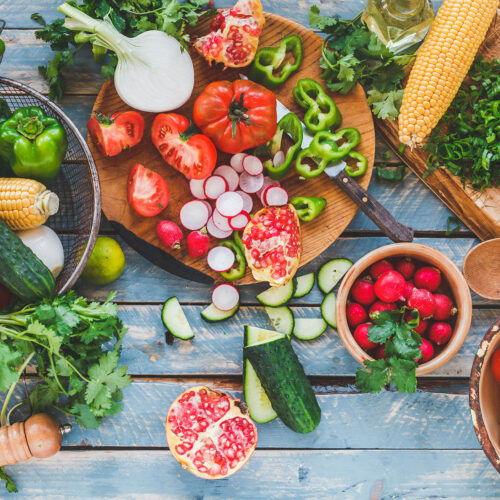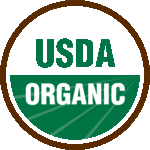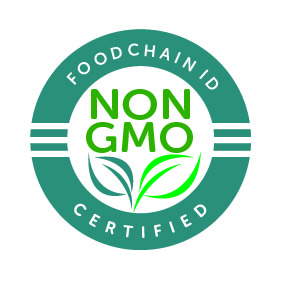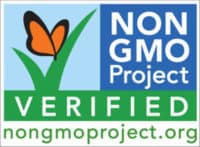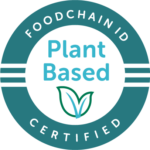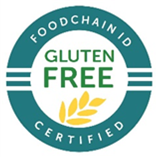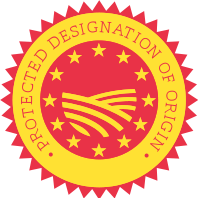The US National Bioengineered Food Disclosure Standard (NBFDS) rule requires food manufacturers, importers, and other entities that label foods for retail sale in the US to disclose information about bioengineered (BE) food and BE food ingredients.
Food companies affected need to:
- Identify BE risk ingredients
- Review those ingredients against the standard
- Determine how the rule applies to product formulations
- Choose the relevant pathway to compliance
- Establish and maintain required records
When outsourcing these tasks it is critical to work with companies that have extensive technical expertise in BE identification and testing. Companies must identify products containing BE ingredients at the level of sensitivity required to achieve compliance.
This level of technical competence can effectively reduce the complexity of the evaluation by leveraging tried and true processes that lead to efficient identification of high-risk ingredients, recommend the most efficient pathway(s) to compliance, and quickly advise on the required solutions.
FoodChain ID pioneered the development of proprietary DNA extraction techniques, enabling us to launch the first commercial laboratory for GMO food identification and create the first Non-GMO Certification standard. We are also the founding technical administrator for the Non-GMO Project. FoodChain ID has honed the processes and procedures over the past two decades and remains at the forefront of interpreting GMO legislation – such as the US National Bioengineered Food Disclosure Standard.
Program Requirements
The rule establishes the national mandatory bioengineered (BE) food disclosure standard (NBFDS or Standard). The Standard requires food manufacturers, importers, and other entities that label foods for retail sale to disclose information about BE food and BE food ingredients. This rule is intended to provide a mandatory, uniform, national standard for disclosure of information to consumers about the BE status of foods. Establishment and implementation of the new Standard is required by an amendment to the Agricultural Marketing Act of 1946.
NBFDS Compliance Program Definition
FoodChain ID’s NBFDS disclosure service enables customers to determine if product(s) require a bioengineered food disclosure on the product label in order to comply with the federal National Bio-engineered Food Disclosure Standard (NBFDS).
FoodChain assesses a company’s product formulations and ingredient documents, and may also conduct process validation testing to determine whether bio-engineered food disclosure is required.
If disclosure is required, FoodChain ID will recommend appropriate disclosure as per the requirements of the NBFDS. If the customer chooses not to make a disclosure per the National Bioengineered Food Disclosure Standard, FoodChain will offer advisory services for options on how the customer can avoid using bioengineered substances.
Verification Process
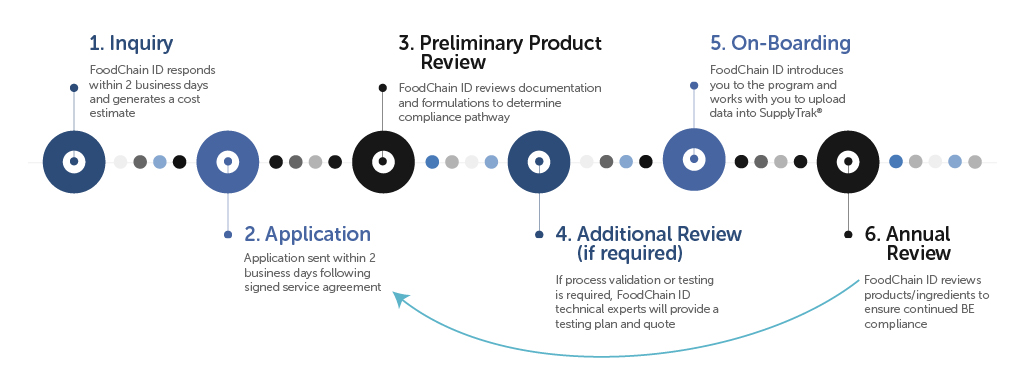
Timelines
- We respond within 2 business days of an inquiry and generate a cost estimate based on information obtained about your site.
- An application and service agreement are sent out within 2 business days. Once returned, forms are provided for you to complete to describe your operation. Once submitted we review your materials within one month.
- Upon review further documentation or testing may be requested to make a determination whether disclosure is required.
- Upon determining disclosure requirement you can choose to request guidance on how to make a disclosure or options to avoid bioengineering substances in the product.
- Annual renewal is initiated 3 months prior to your previous year’s compliance date to provide you with an adequate amount of time to maintain compliance with the disclosure requirements under NBFDS.
The Standard
The National Bioengineering Disclosure Standard is a rule by the Agricultural Marketing Service specified in the Code of Federal Regulations at 7 CFR 66. The Standard defines bioengineered foods as those that contain detectable genetic material that has been modified through certain lab techniques and cannot be created through conventional breeding or found in nature.
You can access the final rule here.
Seal/Trademark Use
Seal/Trademark use is governed by USDA AMS. Labeling requirements can be found here.

